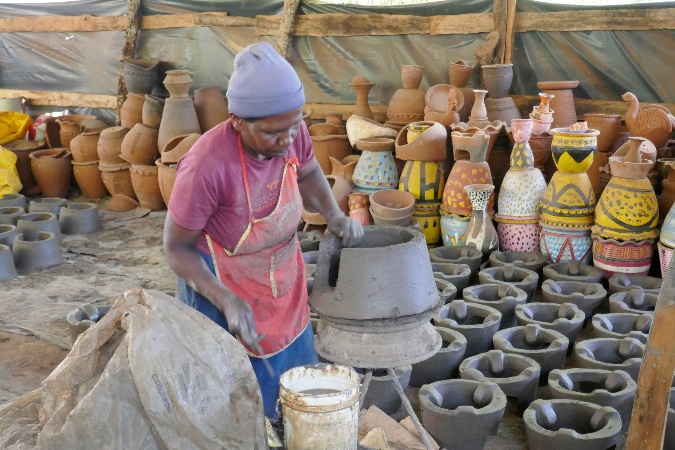Subject to this evaluation is the project “Climate-friendly cooking technologies, Kenia and Senegal (PN 2019.2349.9) with an overall term from 01.01.2020 – 26.03.2025 and commissioning value of EUR 16,509,000.00 + EUR 21,851,000.00 EUR (for GCF tranche 1+2) and EUR 12,800,000.00 (BMZ). The project aims to demonstrate an innovative improved cooking stoves (ICS) market transformation strategy to significantly increase the level of ICS production and sales particularly in Kenya and Senegal. In addition, it aims to improve global knowledge about ICS sector contribution to Nationally Determined Contributions (NDCs). By increasing the number of ICS users amongst rural and most vulnerable populations in both countries, it will directly benefit 11.23 million people and 1.91 million mainly rural households.
.

Country:
Kenya & Senegal, global
Project Period:
25.04.2022 to 06.03.2023
Services Provided:
Evaluation based on OECD DAC criteria (relevance, coherence, effectiveness, impact, efficiency, sustainability) and criteria defined by Green Climate Fund (GCF) the co-financier of the program
Name of Client(s)
Deutsche Gesellschaft für Internationale Zusammenarbeit (GIZ)
Name of Staff involved and functions performed:
Dr. Hedi Feibel (international evaluator and energy expert)
Dr. El Mostafa Jamea as local evaluator and energy expert (subcontractor)
Description of the Project:
Objective: the project is part of the “central project evaluations” of projects commissioned by the German Federal Ministry for Economic Cooperation and Development (BMZ) which serve a) to support evidence-based decisions, b) to promote transparency and accountability, and c) to foster organizational learning to contribute to effective knowledge management. On the other hand, GCF requests a mid-term review to verify in how far the program is on track and if any adaptations are required.
Services provided by Skat: preparation and implementation of online workshops and interviews, verification of several hypotheses selected from the results matrix (Theory of Change), SMART analysis of indicators, application of efficiency tool based on cost data, etc.; visit of project sites in Senegal and Kenya, on-site interviews with numerous stakeholders and final beneficiaries of the project activities, debriefing workshops, reporting on the mid-term evaluation with due regard to the requirements of GIZ and GCF.
Activities & results: Phase 1: Preparation of an inception report on the methodological approach, including a semi-remote inception mission. Phase 2: Evaluation through collection of data and information from project and other documents and numerous stakeholder interviews with a variety of involved partners and beneficiaries, on-site visit of numerous activities with interviews, mid-term evaluation report in English elaborated based on a comprehensive analysis of interview results, triangulation, and validation of findings. Elaboration of a 1-pager and a 7-pager summary



